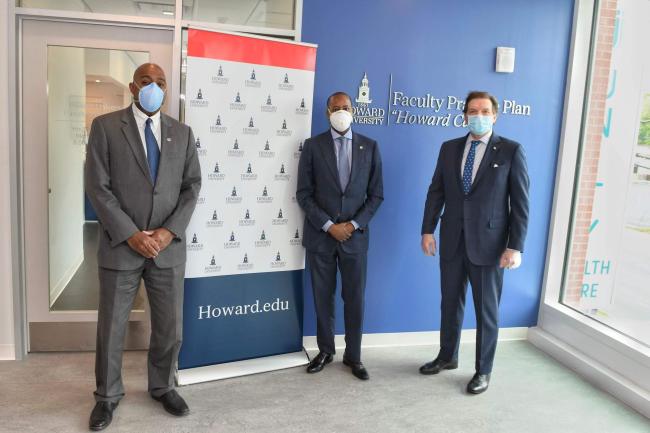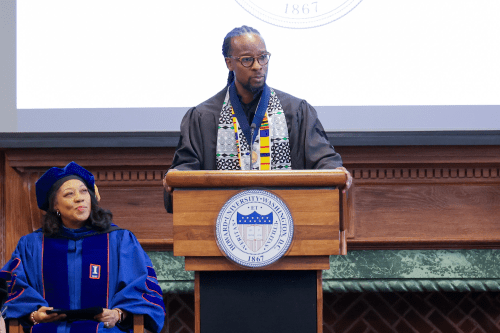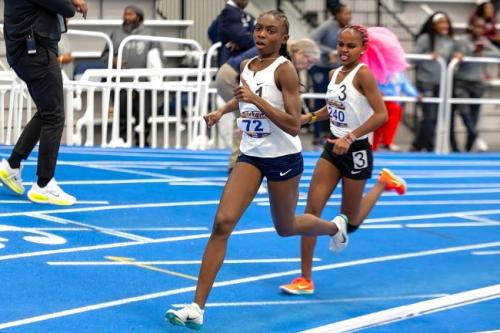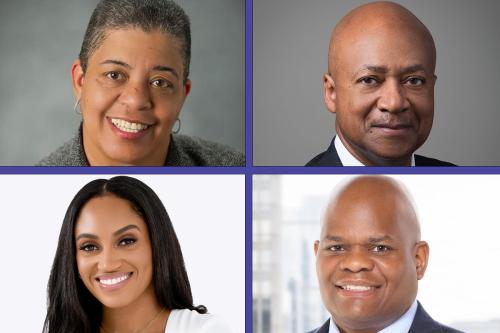WASHINGTON - Howard University Faculty Practice Plan began offering free Coronavirus testing at its Benning Road Clinic (4414 Benning Road NE) on Tuesday. The testing site was funded by a grant from Bank of America and provides the critical resource in an area that needs testing the most.
Bank of America has awarded a $1 million grant to the Faculty Practice Plan (HUFPP) to improve access to COVID-19 testing in the diverse Washington, D.C. communities located east of the river. The free testing is available on Tuesdays and Thursdays, from 10 a.m. to 2 p.m. for the next three months. Residents can sign up by appointment by calling 202-865-2119, option 3. Howard's team of physicians will see patients who are showing symptoms or who believe they are asymptomatic.
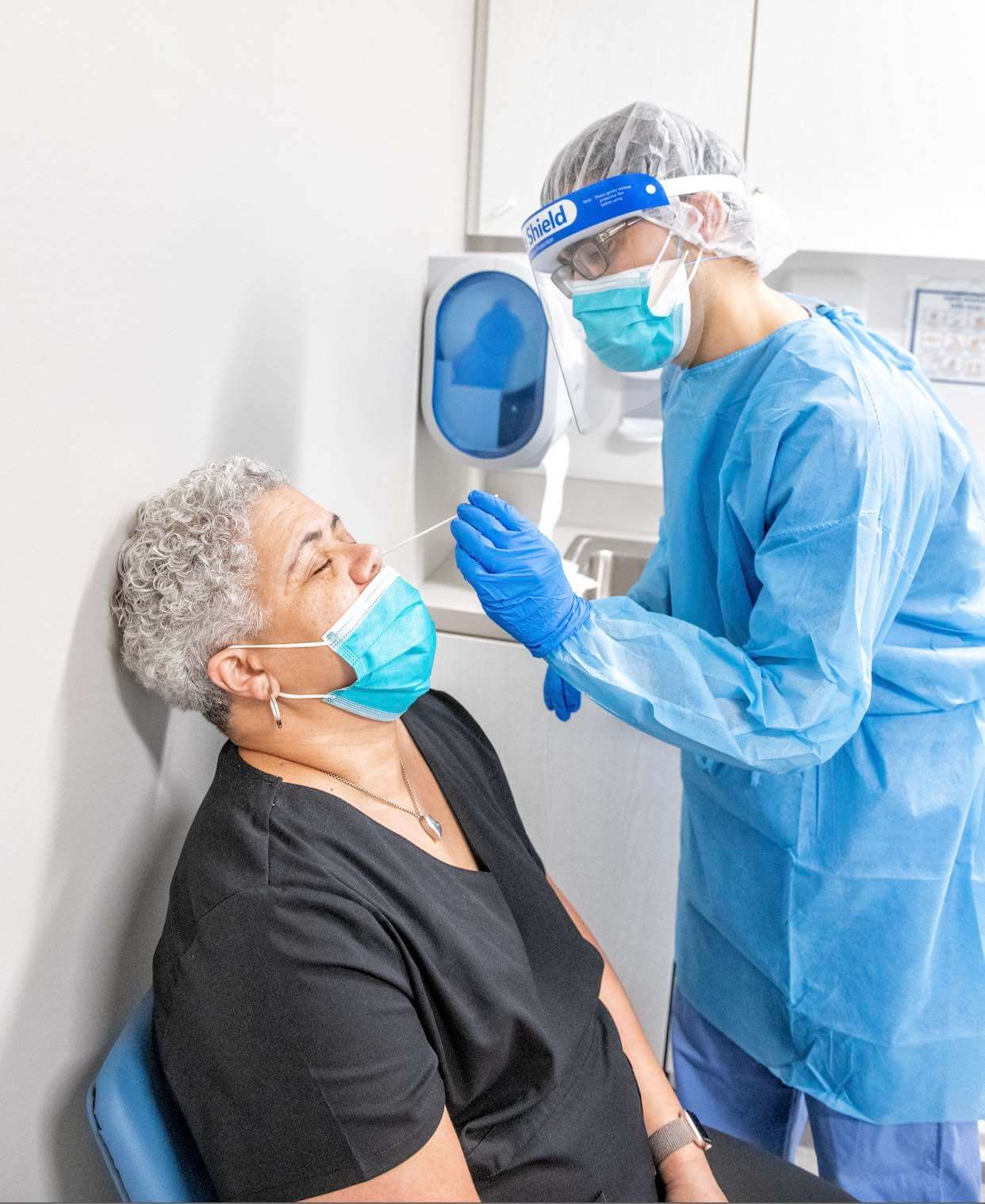 “The Faculty Practice Plan testing site allows citizens who are most vulnerable in our city to be tested at no cost and receive the early interventions that can help save their lives,” said Howard University President Wayne A. I. Frederick. “Providing care for the most vulnerable citizens has always been Howard’s mission, and that tradition continues.”
“The Faculty Practice Plan testing site allows citizens who are most vulnerable in our city to be tested at no cost and receive the early interventions that can help save their lives,” said Howard University President Wayne A. I. Frederick. “Providing care for the most vulnerable citizens has always been Howard’s mission, and that tradition continues.”
As the need increases, the Howard team will look at expanding to include a mobile unit to provide testing options in a second area of the city. In addition to funding the tests and equipment, a portion of the grant will be used to enhance Howard University Hospital’s telehealth services. This will expand a doctor’s ability to see patients remotely and increase the patient’s access to care.
“As we continue to expand access to free testing citywide and as Washingtonians continue to save lives by staying home, we are grateful that organizations such as Bank of America and Howard University are partnering to support the residents of Wards 7 and 8 with this new testing site,” said Mayor Muriel Bowser. “Not only is this site providing free testing, but it is also equipping residents with the information they need to protect themselves and their families from COVID-19. Together, this is how we save lives and ensure all residents are getting the care they need during these unprecedented and uncertain times.”
The testing site is meant to eliminate the obstacles so more people can be tested in the community. African-American communities tend to suffer from higher incidents of hypertension, heart disease and diabetes; such conditions are linked to the higher incidents of coronavirus experienced in African American communities.
“Howard University is on the front lines in this war against the coronavirus and it is a privilege to partner with them to get help where it is needed most,” said Larry Di Rita, Greater Washington, D.C. Market President, Bank of America.
Dr. Hugh E. Mighty, Howard University vice president of clinical affairs, said the community is already embracing the new testing initiative.
“The schedule is filling up,” said Dr. Mighty, who also serves as the dean of the College of Medicine. “Testing is the natural thing to do for our community, and it’s the healthy thing to do. Testing is nothing the community needs to be fearful of.
Top photo (pictured from left to right): Dr. Hugh E. Mighty, Dr. Wayne A. I. Frederick, and Larry Di Rita
About Howard University
Founded in 1867, Howard University is a private, research university that is comprised of 13 schools and colleges. Students pursue studies in more than 120 areas leading to undergraduate, graduate and professional degrees. The University operates with a commitment to Excellence in Truth and Service and has produced one Schwarzman Scholar, three Marshall Scholars, four Rhodes Scholars, 11 Truman Scholars, 25 Pickering Fellows and more than 70 Fulbright Scholars. Howard also produces more on-campus African-American Ph.D. recipients than any other university in the United States. For more information on Howard University, visit www.howard.edu.
For media inquiries contact: Sholnn Freeman, sholnn.freeman@howard.edu


